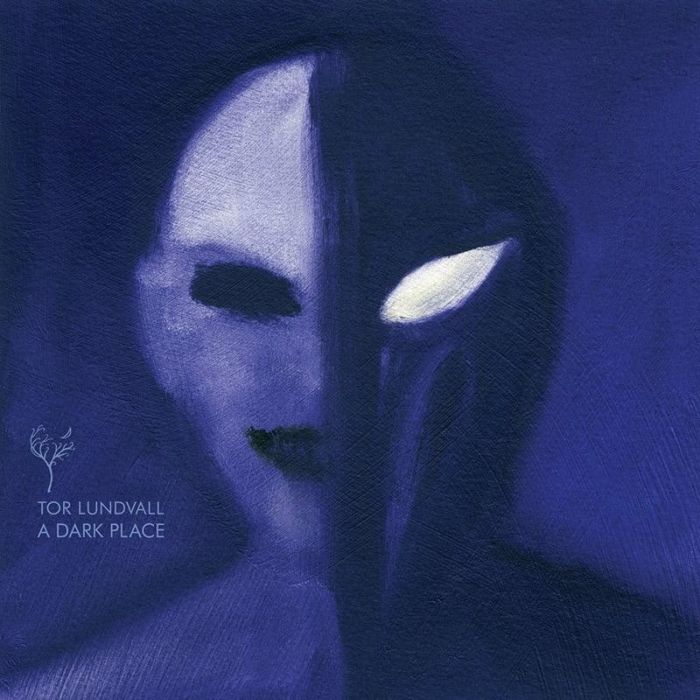A Dark Place by Tor Lundvall (Review)

Over the last two decades, Tor Lundvall has released a number of albums and EPs filled with an inimitable brand of shadowy, refined ambient music (think Marconi Union’s subdued atmospherics), including 2006’s Yule, 2003’s Under the Shadows of Trees, and 2001’s The Mist. Most of these releases have been instrumental, with Lundvall relying on his sparse and elegant atmospherics for emotional effect. For 2018’s A Dark Place, however, Lundvall adds his voice to the darkly exquisite music and the results are spellbinding.
This desire for more straightforward communication is almost certainly tied to the circumstances surrounding the album’s genesis. A Dark Place rose out of a difficult time in Lundvall’s life, with the death of his father (noted record label executive Bruce Lundvall) weighing heavily on the album. Not surprisingly, themes like regret, nostalgia, loss, isolation, and unrequited relationships figure prominently throughout its eight songs.
The album’s most hopeful spot (relatively speaking) is its final track, “The Next World,” but even it is deeply tinged with sorrow and longing: “I never found that special soul, the one to help me through it all/Those dreams are gone, maybe in the next world/My hope goes on for the next world… far away.”
What keeps such sentiments from becoming overbearing or maudlin, though, is certainly Lundvall’s haunting arrangements, but more importantly, the sense of intimacy that pervades the album. Lundvall recorded A Dark Place at night while staring out his bedroom window “into the shadows of the garden and the neighbor’s house next door,” and listening to these songs feels like you’re entering something secret and private.
As such, A Dark Place is best listened to while surrounded by darkness yourself, during the wee hours of the night after everyone else has gone to bed and you have the house to yourself, with nothing to interrupt your own thoughts and memories. Taken from this perspective, the album’s title communicates less a sense of dread and foreboding, and more a sense of sanctuary. After all, we all need our own dark place from time to time, a place that’s shielded from the noise and chaos of the surrounding world, where we can let down our guard and be unafraid to be honest with and about ourselves.